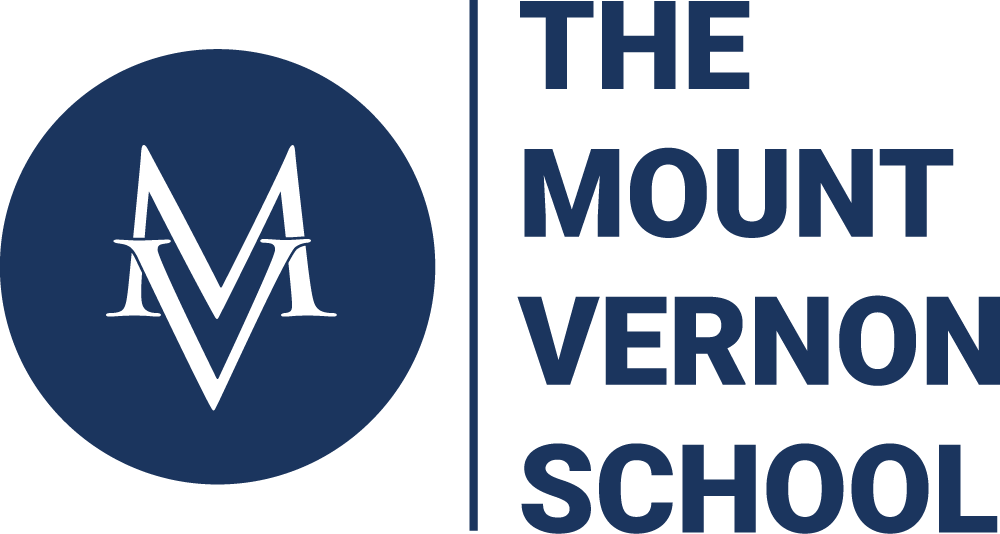Upper School students are learning quickly what it takes to put a solution into action. As a part of their year-long capstone projects–projects focusing on student/faculty-selected topics of GMOs (genetically modified organisms) and land and water use–students are now formulating a plan of action and pitching the plan for approval.
Some of these plans of action include:
- creating awareness among Mount Vernon families, faculty, & staff about genetically modified organisms found in food and conducting and recording the results from taste tests
- creating websites and social media channels educating individuals about both the pros and cons of GMOs
- from a “global” perspective, furthering the School’s partnership with two Zambian schools by raising funds in Atlanta to construct safe play areas for the Zambian students
Those charged with hearing and reviewing the project pitches included a large group of external experts as well as faculty and staff. Some of the external experts included professionals from Turner Broadcasting, First Data, Georgia Power, Popeye’s, Metro Atlanta YMCA, a city councilman of Sandy Springs, Allstate Insurance and idisciple.
One of the most challenging aspects of the project pitches was receiving full approval. To achieve it, the majority of student groups pitched multiple times before receiving final approval of their solution/plan.
Sharing feedback from the experience one of the panelists said, “I had a lot of fun doing it. I was talking to my 3rd grader on the way to the basketball game and explained that I was able to play as an ‘American Idol’ judge at [MVPS] today. She thought that was pretty cool. Anyway, I thought the groups did a great job. Every one was very different and some still have a lot of work to do. But I think it’s a GREAT real world experience for them and will educate them in ways a textbook or lecture never could. Nice job.”
The next step of these Upper School transdisciplinary capstone projects will include the ‘experiment’ phase where students will begin the work involved in creating their approved plan/solution.


